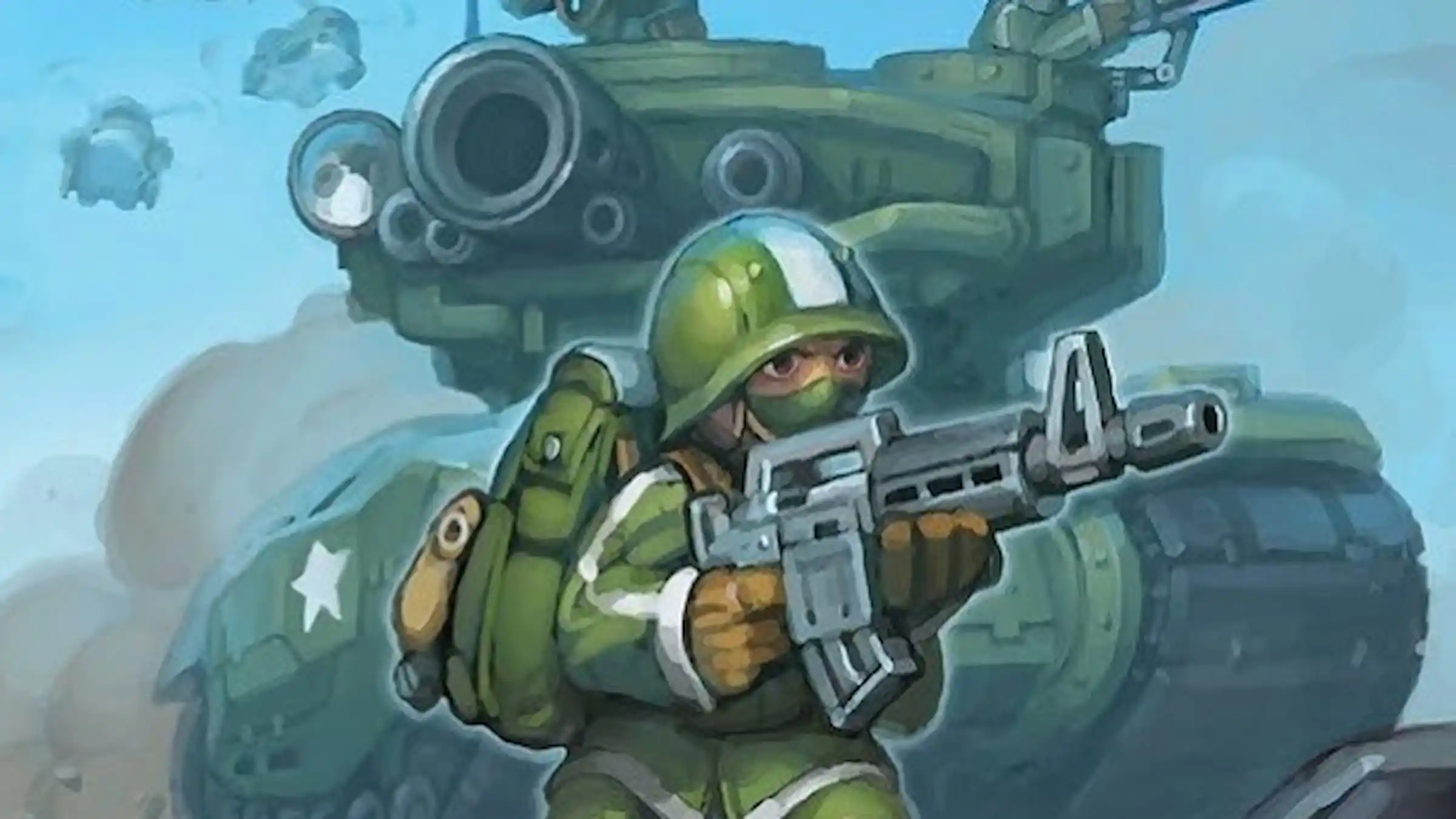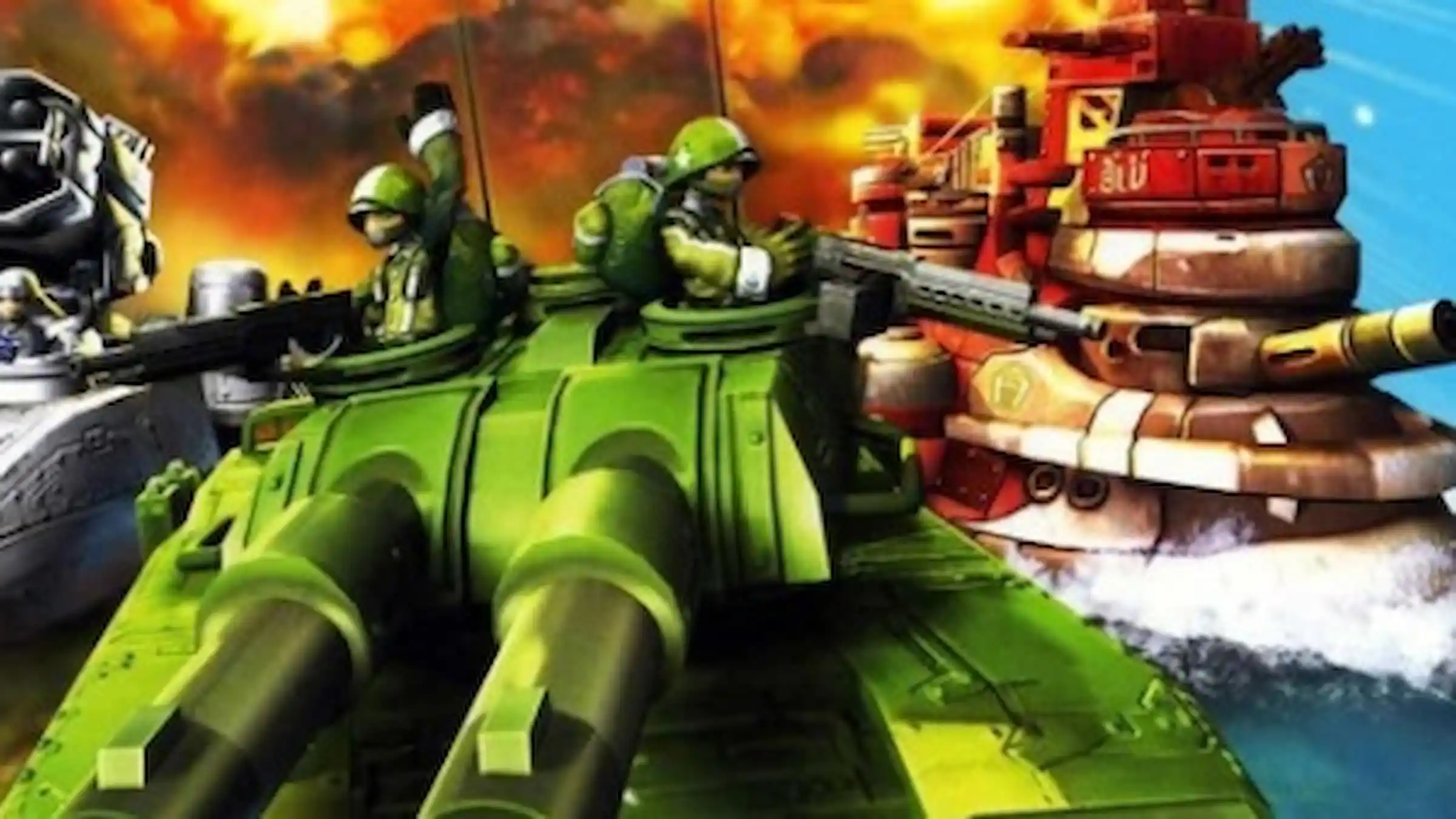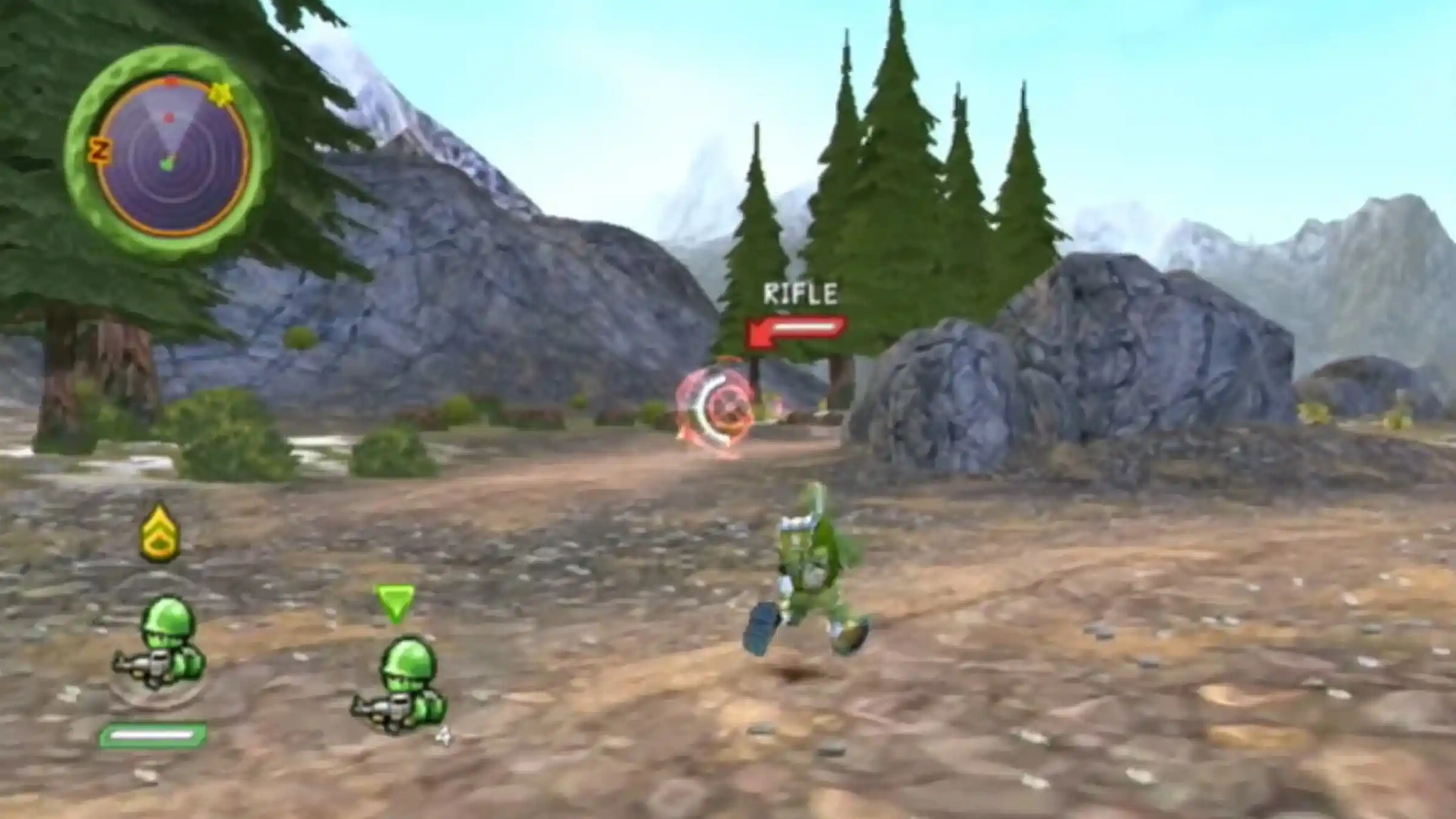
I’ve always loved strategy RPGs, and the Fire Emblem series on Nintendo is a particular favorite. What I enjoy about the genre is that it really makes you think ahead, be patient, and become attached to the characters you control. While many Nintendo fans are familiar with Fire Emblem and Advance Wars, there’s another fantastic game from Nintendo’s past that deserves more attention. This GameCube title was truly special, offering innovative gameplay, a unique style, and a lot of promise. Unfortunately, Nintendo didn’t continue developing it, and it was largely forgotten.
For those who played during the GameCube and Wii years, Battalion Wars was a fresh take on Nintendo strategy games. It combined the careful planning of Advance Wars with the fast-paced action of a shooting game, resulting in a unique experience that felt innovative. The game aimed to update the strategy genre, making it quicker, more visually exciting, and easier to pick up. For a short time, it seemed like Nintendo had created a strong competitor to Fire Emblem.
The Rise and Fall of a Tactical Experiment

This game, originally launched for the GameCube in 2005, combined fast-paced action with strategic command. Players controlled groups of soldiers, tanks, and planes on large battlefields, and weren’t just giving orders from afar. You were directly involved in the fighting – able to switch between units, move around enemies, and even lead attacks yourself, all while keeping an eye on the bigger picture.
When it first came out, Battalion Wars felt like a huge leap forward. As a longtime fan of Advance Wars on handheld systems, it was amazing to see that kind of gameplay brought to life in 3D. It shared the same fun, cartoon style and over-the-top military action as Advance Wars, but with a more cinematic feel that could compete with games on larger consoles. It really felt like Nintendo could have built an entire tactical game series around it.
For a time, it looked like the Battalion Wars series would continue to thrive. The second game arrived on the Wii in 2007, offering online play, naval combat, and improved gameplay. It was a definite improvement and suggested a bright future for the series. However, despite good reviews and a loyal following, Nintendo unexpectedly stopped developing new games. The series ended after only two installments, leaving fans to imagine what might have been.
Looking back, it’s clear why Advance Wars didn’t get the attention it deserved. Nintendo was moving in a new direction, having found success with the Wii and a more casual gaming audience. Games like Wii Sports, Mario Kart Wii, and New Super Mario Bros. became what Nintendo was known for, and complex strategy games didn’t really fit that image. While Nintendo was focusing on broader appeal, fans of Advance Wars and Fire Emblem felt like a great opportunity was lost. If the game had been released after Fire Emblem: Awakening proved the demand for tactical games, things might have been different.
Battalion Wars Is a Legacy Worth Reviving

Nintendo doesn’t have many strategy games beyond the popular Fire Emblem series. While Fire Emblem is doing incredibly well – with recent titles like Three Houses and Engage, and Fortune’s Weave coming soon – there’s a real lack of other options. Advance Wars recently returned with Re-Boot Camp, but there aren’t many other strategy games to choose from on Nintendo platforms.
Battalion Wars had a sweet spot that could have made it really successful. It was easier to pick up than Fire Emblem, but more action-packed than Advance Wars. In a lot of ways, it predicted popular game combinations we see today, like the real-time tactics in Company of Heroes or the command-focused gameplay of Pikmin 4. Given today’s technology and online options, a new Battalion Wars could be a hit as both a cooperative game and a competitive online multiplayer experience.
I still have clear memories of playing Battalion Wars. I remember quickly switching between controlling tanks and infantry during battles, working with my team to attack enemy bases, and the great feeling of executing a successful plan. It gave me a similar sense of accomplishment as completing difficult missions in Fire Emblem, but with the excitement of being on the battlefield and less worry about losing units permanently.
Despite being better than the first game, Nintendo didn’t really promote Battalion Wars or try to build it into a major franchise. Real-time strategy games need consistent support and player investment to succeed, and unfortunately, Nintendo let this one fade into obscurity. It’s a missed opportunity, as the game had a lot of potential and could have been popular today.
The Tactics Nintendo Forgot
It’s awesome to see strategy games making a comeback lately, but I can’t help but miss Battalion Wars. There are some really cool indie games like Dark Deity 2, Wargroove, Into the Breach, and Triangle Strategy that show people are still craving that smart, tactical gameplay. And with Fire Emblem doing so much to keep the genre alive on Nintendo consoles, I often find myself thinking about what could have been if Nintendo hadn’t stopped making Battalion Wars games. It feels like a real loss!
Nintendo had the potential to expand this game series beyond just two installments, improving its fast-paced gameplay and adding more strategic depth. A reimagined version could have featured cooperative story modes, changing battlefield environments, and competitive options that combined shooting skills with careful planning – similar to a game like Mount & Blade. It could have become a standout strategy game alongside Fire Emblem, offering a different but equally compelling approach to the genre.
Despite its potential, Battalion Wars remains a fascinating missed opportunity for Nintendo. It was a daring concept ahead of its time, envisioning strategy games as fast-paced and action-packed, rather than slow and methodical like chess. For fans of both the compelling stories in Fire Emblem and the solid gameplay of Advance Wars, Battalion Wars struck an exciting balance between the two.
Twenty years on, the game is mostly forgotten, except by dedicated fans who appreciate its ambition. It remains a significant, yet instructive, example in Nintendo’s history of trying new things – a reminder that even good ideas need time and the right conditions to truly succeed.
What do you think? Leave a comment below and join the conversation now in the ComicBook Forum!
Read More
- Sony Removes Resident Evil Copy Ebola Village Trailer from YouTube
- Best Controller Settings for ARC Raiders
- Ashes of Creation Rogue Guide for Beginners
- The Night Manager season 2 episode 3 first-look clip sees steamy tension between Jonathan Pine and a new love interest
- So Long, Anthem: EA’s Biggest Flop Says Goodbye
- OBEX Review: A Retro-Tech Fairy Tale With a Horror Edge
- Netflix’s New Mystery Thriller Series Is Officially a Hit With Almost 80 Million Hours Viewed
- Haley Kalil Seeks “Good Guys” Amid Matt Kalil Lawsuit
- 3 Years Ago Today, the Best Action Anime Series Took a 360-Degree Turn (and Became Even Better)
- 10 Fantasy Movies That Are 10/10 From Start To Finish
2025-11-13 22:15